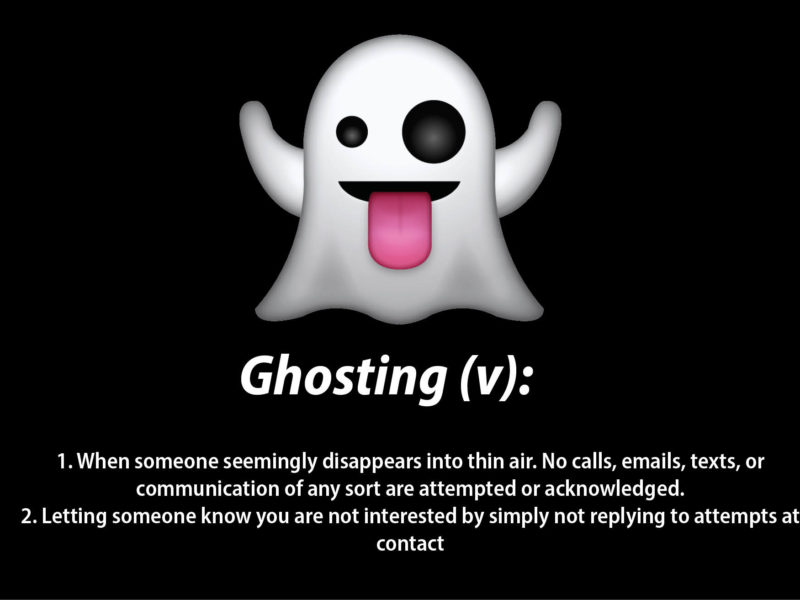A Failure to Communicate
During the conduct of the interview, an applicant is supposed to elaborate upon the information on their resume in order to give the interviewer a good and thorough understanding of their abilities, and how that can relate to the role for which they have applied. Meanwhile, the interviewer should be able to explain to any and all applicants as to what the job entails, and also elaborate about the organization, including the reason as to why this firm is worthy of joining. However, it is becoming increasingly difficult to get real and substantive information that is necessary to any thoughtful decision; I am speaking with reference to both the interviewer as well as the interviewee.
I speak and meet with a lot of people and the majority are spewing the same old tired clichés and lines. There is so little originality as everyone is becoming a stereotype. Hiring managers repeat the same lines that have no meaning and their brains are too often shut off as they just go through the motions. I spoke with a hiring manager who told me they are looking for someone who is innovative, someone who is a self-starter and a hard worker (yawn). So I asked, “What do you mean by that; please describe what innovative means to you? How do you define a self-starter and a hard worker; I need to understand your perspective in order to find you the type of person you are describing?” As often happens, they looked confused and, as often occurs, they didn’t know how to answer. At the same time they are dumbfounded as to why they can’t attract the right potential employees. Or, if I ask them, “Okay, so help me to help you; in order to attract the types of people you say you want to hire, please tell me a few reasons why someone should consider joining your company?” They go on to say things such as, “We’re a market leader”, or “We’re a great place to work”… But when I again ask them what that means and to elaborate, their frustration is visible (and so is mine).
To be fair, job applicants are very often just as zombie-esque in their rote and empty claims. They say things such as, “I want to join a good company.” So I ask them to elaborate, to explain to me what their definition of a good company is, to which they reply, “You know, a good and stable company with growth potential.” And again, I ask them what does that mean, to them? Increasingly often, they can’t answer with anything more than generalities or more clichés. Meanwhile, they are frustrated that no company is calling them back.
In both cases, I have to really probe to get any real substance from them and often they become frustrated by my questions because, for whatever reason, they are not capable of articulating what they want, or seek to really communicate. I don’t expend much effort or waste much time with these people.
Where this is going is simple; regardless of on which side of the table you sit during the interview process, you have to switch off the auto-pilot, grab the controls and fly manually, using your God-given senses and develop your abilities, if you want to excel. You have to do more than to only want or wish it. Sure, everyone says they want to, and if you ask them they’ll tell you they really, really mean it. You must be able to do more than simply talk a good game. At the very minimum, may I suggest that you conduct the most basic of due diligence necessary in order to both back up and elaborate your claims. Be able to actually represent yourself and your organization with more substance than worn-out talking points; in short, try actually communicating and engaging in a discussion at the interview, rather than trading in canned and watered-down empty calorie questions and answers. Or, as another cliché would suggest that you not only talk the talk, but walk the walk.
And if I haven’t already made my point, try this; sharp hiring managers take notice of those who do more than spew forth the same old boring clichés. Likewise, sharp candidates recognize and gravitate toward hiring managers who are not just going through the motions and faking it. If you want to be different, try a little individuality. I say it too often but for many it falls on deaf ears; if you look like, sound like and act like everyone else, why should anyone take notice of, or choose you, over any of the other also-rans?



